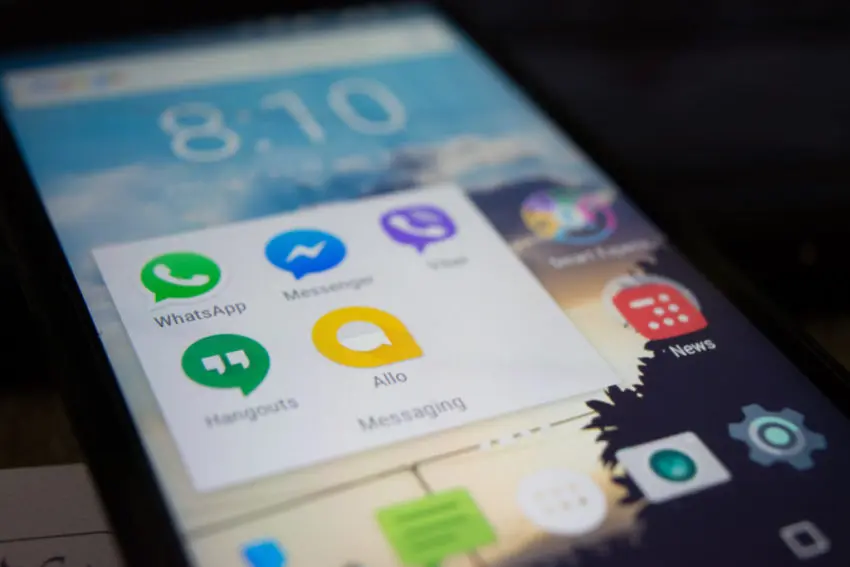Being enthusiastic about a smartphone’s design, fun features, and hardware is fine. However, one should never forget about safety and privacy.
With hacks and phishing scams becoming more common every day, it’sessential to look for the best in mobile cybersecurity.
With that in mind, let’s see which Android phone is currently the most secure.
Introducing the Google Pixel 3
Without a shred of doubt, the honor goes to Google Pixel 3. Apart from the fact that Android phones are secure by design, by purchasing one, you also get access to Google’s monthly security patches (you’re entitled to receiving them for three years). Whenever you try to install a new app, the phone scans it for potential cybersecurity threats.
In essence, everything on Pixel 3 is locked down, and your permission is required at every step of the way. This ensures that no unwanted piece of software can damage the device if you happen to install something accidentally. It’s also quite strong on the hardware end, particularly when it comes to its camera.
Pros:
– three years worth of security updates
– Top-notch camera
– Excellent software
Cons:
– Battery life is not great
– There’s no headphone jack
Google Pixel 3 and Cybersecurity
Let’s face it; if you connect your device to the internet, it’s exposed to a myriad of cybersecurity threats that are lurking out there. Without installing updates regularly, you’re risking the data that’s stored on it.
Google Pixel 3 is running the latest version of Android OS, of course, but it is also protected by a dedicated team of Google’s cybersecurity experts who work day and night to improve the system. Moreover, since you simply can’t take a company’s word for anything in this day and age, you’ll be glad to know the phone is very good at making things transparent and informing you when your privacy could be in danger.
Not Impressed? There Are Alternatives!
Google Pixel 3, as secure as it may be, is not the only secure phone of its kind. For example, BlackBerry KEY2 and KEY2 LE are both excellent at what they do, which makes them a solid alternative for Google Pixel 3. Let’s take a look at why they’ve become so popular.
BlackBerry KEY2
The inherent security of Android OS is only part of why users love it so much. But when it comes to inputs, its superb keyboard doesn’t have a contender capable of standing up to it. Believe it or not, some people have not completely embraced the digital on-screen keyboard, firmly believing that physical keyboards are (still) the way to go. At the same time, BlackBerry KEY2 is one of the most secure smartphones on the market today.
Much like you’d get with Pixel, by purchasing it, you get monthly security upgrades. So what’s the difference? Most notably, this one isn’t as impressive when it comes to hardware specifications. However, that might be great news for someone who’s looking for a budget-friendly phone, since it also costs less.
BlackBerry KEY2 LE
In essence, this phone is everything that makes the original BlackBerry KEY2 so great, just toned down a little bit to accommodate an even tighter budget. The build quality and hardware are not as good, but you can get it for about $400. However, it’s on the same level in terms of cybersecurity, so if that’s the main component you’re looking for, you might want to check it out.
Although it cannot compete with the original, you’re still getting an equally secure phone for a lower price. The only downside is that the hardware is a bit weaker, which – depending on your needs – may not be that substantial of a drawback.
Conclusion
Android OS is famous for its inherent security, and rightfully so. Still, no matter how secure your phone is, you should pay attention to what you do online and think twice about installing unknown apps. If you want to stay safe, you should learn about the most common cybersecurity threats and how to protect yourself from them. Moreover, you should look into some apps that might help you keep your phone secure at all times.
A good virtual private network app, for example, will protect you from people snooping on your activity online. It will encrypt your data and make sure that no one can intercept your connection. An antivirus will regularly scan your device for malware that might have slipped through the cracks and nested itself on it. A firewall will ensure that no changes are made on your phone without your approval.
In the end, though, you should never forget that common sense isthe most reliable protection, as no piece of software or feature can ever save you from your own carelessness.
Photo by Alok Sharma


